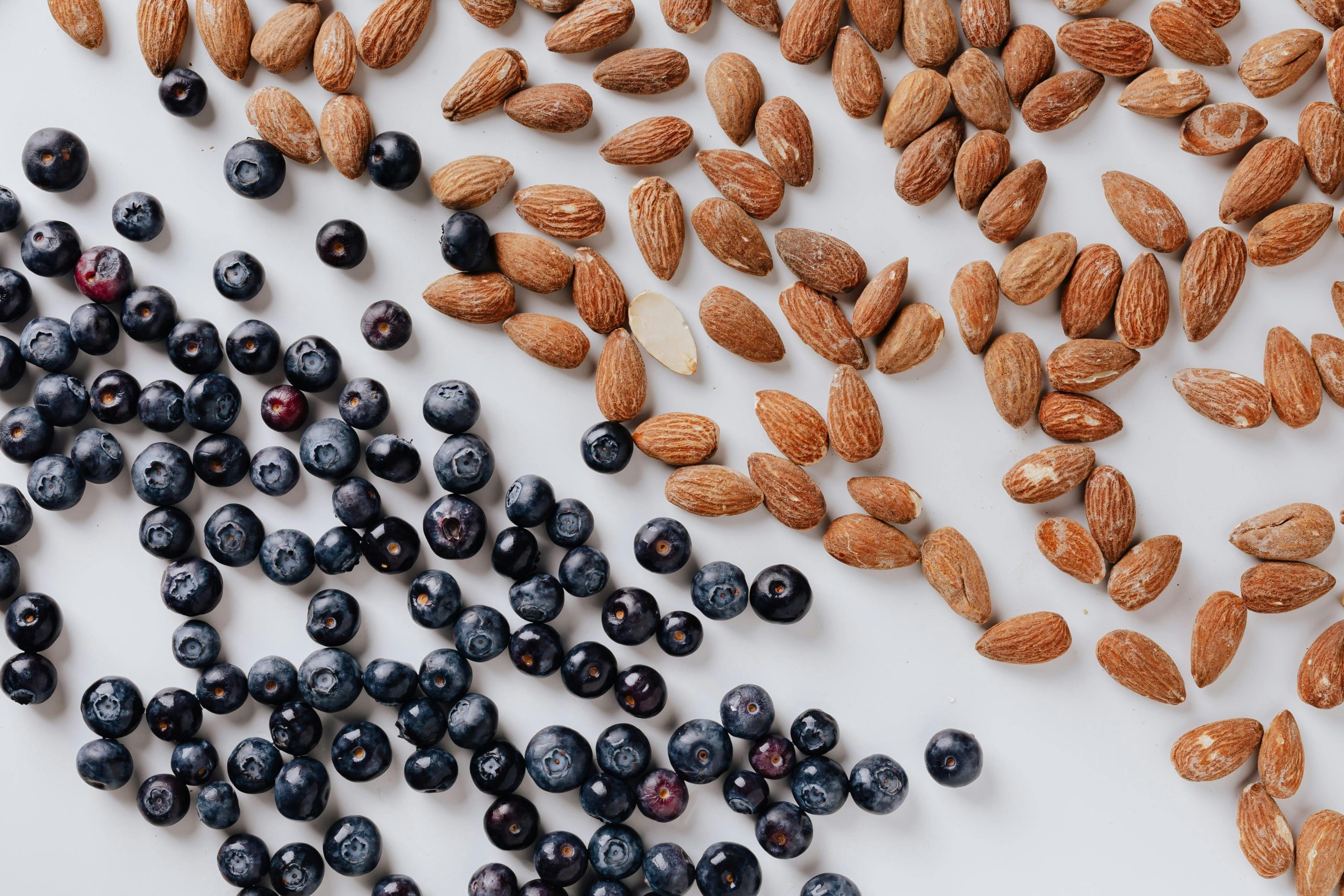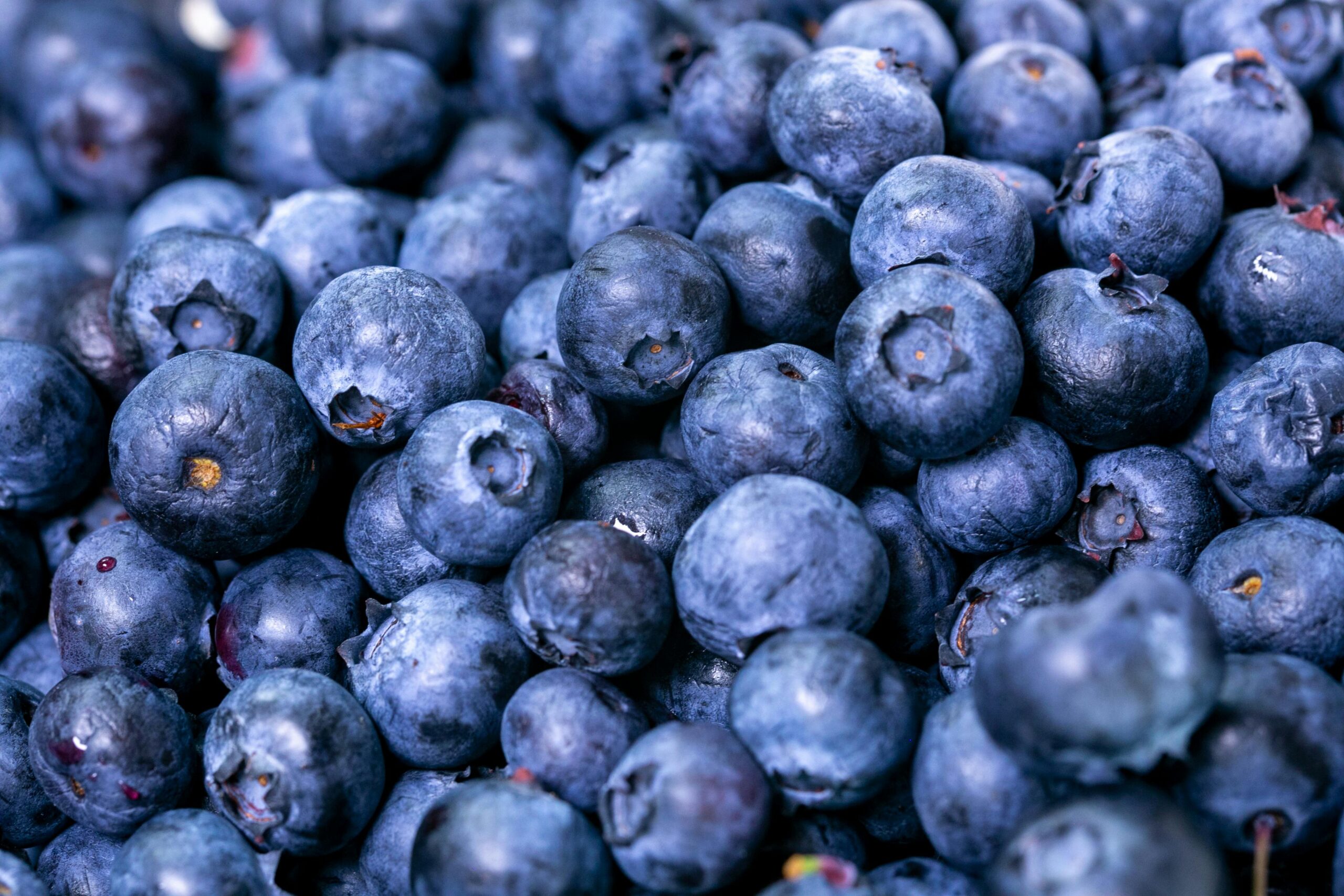Everything you eat affects your chemistry, and scientists have long recognized that certain foods contain healing substances. From customized nutrition to treating specific disorders, the concept of “food as medicine” is nothing new.
Yet, some functional ingredient trends are gaining momentum of late in the food as medicine sphere. Here’s a closer look at the most popular functional ingredients in 2023:
1. Pre- and Probiotics
Scientists are learning more about the intestinal microbiome’s massive role in humans’ overall health. It’s the system of beneficial bacteria in your gut that aids in digestion – and so much more. Changes in its composition may affect the following:
- Digestive health
- Heart health
- Brain health
- Mental health
- Immune health
- Body weight
Pre- and probiotics nurture your intestinal microbiome. Prebiotics are types of soluble fiber that feed your bacterial colonies. Probiotics refer to the bacteria themselves and are traditionally found in fermented foods like kimchi, sauerkraut, and miso.
“Incorporating anything that supports the gut microbiome right now is my No. 1 recommended food as medicine,” said R’s KOSO physician advisor Dr. Danielle Kelvas, M.D. “With studies coming out now about how gut inflammation contributes to cancer and even Parkinson’s disease, supporting your gut with pre/pro/postbiotics is critical.”
2. Mushrooms
Mushrooms are another hot food as medicine ingredient. Some varieties you might find include:
- Cordyceps
- Lion’s mane
- Reishi
- Turkey tail
- Chaga
Each variety has unique perks. For example, lion’s mane may help with neurological disorders, including stroke, Parkinson’s disease, Alzheimer’s and depression. Cordyceps may stimulate your immune system and stave off fatigue. Chaga, meanwhile, may ease the side effects of chemotherapy patients while lending additional anti-cancer properties.
3. Adaptogenic Herbs
Adaptogenic herbs are plant-based substances that speed your body’s recovery from oxidative stress. Given the tension the recent pandemic produced, it’s no wonder the following ingredients now appear on food labels everywhere:
- Ashwagandha
- Ginseng
- Eleuthero
- Schisandra
- Rhodiola
- Holy basil
Ashwagandha and ginseng are perhaps the best-known. Research shows ashwagandha may safeguard heart health, assist with sleep, reduce anxiety, and improve stress resilience. Ginseng has a longstanding reputation as an herb that aids brain health.
4. Golden Milk
It doesn’t matter if you prefer coffee or tea. Enhancing your beverage with golden milk is a fabulous way to make an already antioxidant-rich brew even better.
Golden milk blends several herbs, including turmeric, black pepper, ginger and cardamom. Some mixes contain additional ingredients, particularly adaptogens. Turmeric features curcumin, a powerful antioxidant that black pepper helps your body use more effectively. Ann Maria Hester, M.D., a board-certified internist and founder of PatientWorld.net, said: “Turmeric isn’t just a vibrant spice but a health powerhouse. As food innovators, infusing products with turmeric offers a burst of color, a hint of earthy flavor, and a generous dose of wellness benefits.”
5. Omega-3s
Omega-3s exist in fish, seafood, and some plant-based foods, as noted by health.com. Fish contain EPA and DHA, while plants have AHA, which your body can convert to the other two. These healthy fats protect your heart and brain health (per heart.org), and many manufacturers fortify other foods with them today. For example, plant-based milk may contain an added boost.
The Food Institute Podcast
Everyone in the food industry wants to crack the code on Gen Z, but what are the reasons behind the generation’s food purchases? Alpha-Diver president Hunter Thurman joined The Food Institute Podcast to discuss some surprising findings from the Gen Z edition of the Snack 50 report and some of the psychological components that pushes Gen Z towards certain products and brands.












